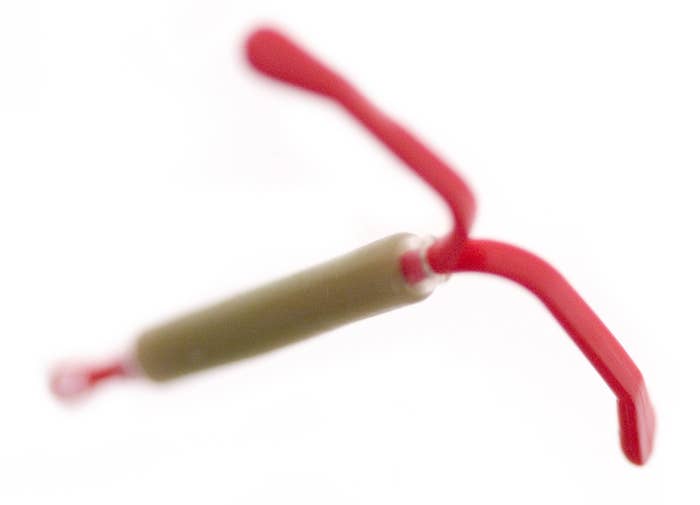
CDC officials on Tuesday called for making IUDs and contraceptive implants cheaper and more widely available to US women. The move is prompted by the Zika virus — linked to severe birth defects — establishing itself in Florida.
Florida governor Rick Scott on Monday announced 14 cases of Zika virus tied to bites from local mosquitoes, the first mainland US cases. CDC officials confirmed that efforts to wipe out Zika-carrying mosquitoes in Miami had failed, prompting an advisory that pregnant women avoid the city's Wynwood neighborhood.
"State and local strategies are needed to increase access to contraceptive methods and related services, reduce the risk for unintended pregnancy, and minimize the number of pregnancies affected by Zika infection," the CDC said in the Tuesday report.
Based on national surveys, the report found that anywhere from 3.5% (in Vermont), to 15.3% (in Hawaii) of sexually active women ages 15 to 44 don't use contraception in states vulnerable to Zika outbreaks. Fewer than one-third use "highly effective" methods such as an IUD or contraceptive shot.
For that reason, the report calls on states to make these long-acting contraceptives more widely available, especially to sexually active teenagers, whose use of less reliable contraception, condoms, is spotty.
"The Zika virus outbreak is a stark reminder that birth control is essential preventive medicine, and is one of our most effective weapons in our war on Zika," said Thomas Gellhaus of the American Congress of Obstetricians and Gynecologists, in a statement on the sexually transmitted, mosquito-borne disease. "Women must have urgent access to the full spectrum of reproductive health services to avoid the potentially tragic consequences of Zika exposure.”
CDC estimates that 41 states are at risk of the Aedes mosquitoes that carry Zika virus. Since the disease can also be sexually transmitted by either sex, whether by oral, vaginal, or anal intercourse, contraception is an unmet need in the face of Zika's arrival, given that 45% of US pregnancies are unintended.
